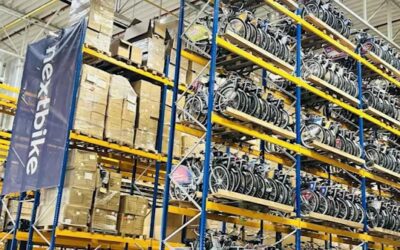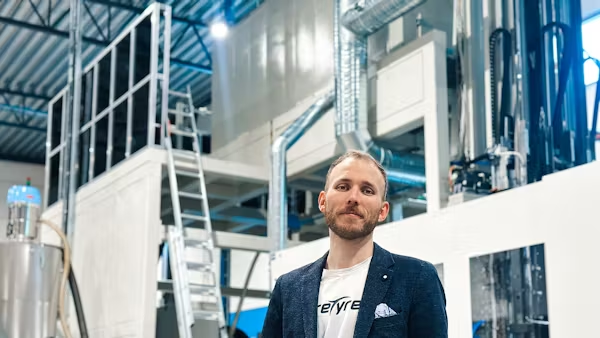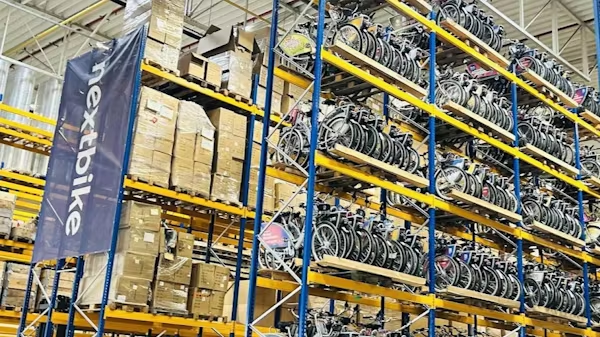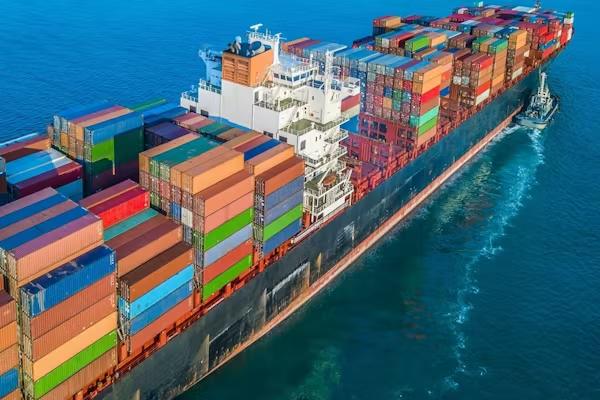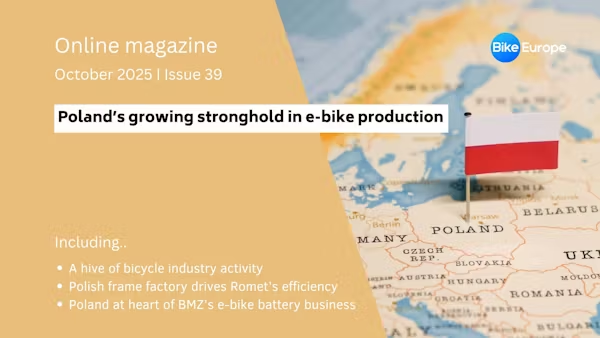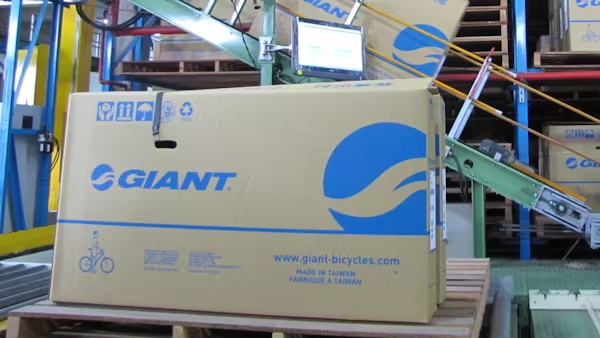Revolutionizing Cycling: The World’s First Automated Tyre Factory
In a major development for cycling enthusiasts and eco-conscious riders alike, reTyre has officially launched the world’s first highly automated tyre factory in SKI, Norway. Situated just south of Oslo, this innovative facility is set to change the way we think about bicycle tyres. With a construction period of just ten months, the factory is designed to inject-mold tyres, moving away from the traditional, more labor-intensive method of manual vulcanization. Led by COO Alexander Gjendem Gjørven, reTyre has raised a whopping 200 million Norwegian kroner (about €17.2 million) to fuel this groundbreaking venture.
The Technology Behind the Innovation
What makes reTyre stand out is its adoption of cutting-edge technology in tyre manufacturing. The injection-molding process allows for a more precise and efficient production of bicycle tyres. This method not only speeds up the manufacturing process but also reduces waste, making it a win-win for both producers and environmentally conscious cyclists. Unlike the traditional vulcanization that involves heat and chemical treatments, the new approach offers greater flexibility in design and improves the overall quality of the tyres.
As a cycling enthusiast, I’m particularly excited about the potential for customized tyre solutions. Imagine being able to choose the tread and durability based on your specific riding conditions—be it well-paved roads or rugged trails. This level of personalization could significantly enhance your cycling experience.
Eco-Friendly Production Practices
One of the highlights of reTyre’s new factory is its commitment to sustainability. The now-automated production line aims to minimize carbon emissions and energy consumption compared to conventional tyre production practices. Given the increasing urgency of climate change, cycling in an eco-friendly way is becoming more important than ever.
Additionally, reTyre employs recycled materials in its tyre production, aligning with the cycling community’s growing demand for sustainable products. This transition not only supports the environment but also appeals to an increasing number of eco-conscious cyclists. I believe that cycling brands will need to follow suit and prioritize sustainability if they want to stay relevant in today’s market.
Economic Impacts and Industry Adaptation
The launch of the reTyre factory is also a significant economic milestone for Norway. With the factory comes the promise of new jobs and vocational training programs for the local workforce. The innovative approach could stimulate interest in cycling, attracting both tourists and cycling enthusiasts to the region.
As other tyre manufacturers observe this pioneering project, there may be a ripple effect throughout the industry. Companies might find themselves compelled to adapt their manufacturing processes, potentially leading to a more innovative cycling landscape. For cyclists, this could mean better quality tyres with increased availability.
Insights and Personal Perspectives
As I reflect on this innovative transition in tyre manufacturing, I can’t help but feel hopeful about the future of cycling. I believe that the success of reTyre could inspire more companies to prioritize not only quality and performance but also environmental responsibility. As cyclists, it’s essential to advocate for brands that uphold these values.
Final Thoughts
As reTyre’s automated factory begins operations, the cycling community stands on the brink of a new era in tyre technology. With sustainable practices and advanced manufacturing techniques, we can look forward to more efficient, high-quality, and environmentally friendly bike tyres. Whether you’re a casual rider or a competitive cyclist, the advancements in tyre technology could elevate your cycling experience and contribute positively to our planet. Keep an eye on this exciting development — the future of cycling is rolling in fast!
Original article: Click here



